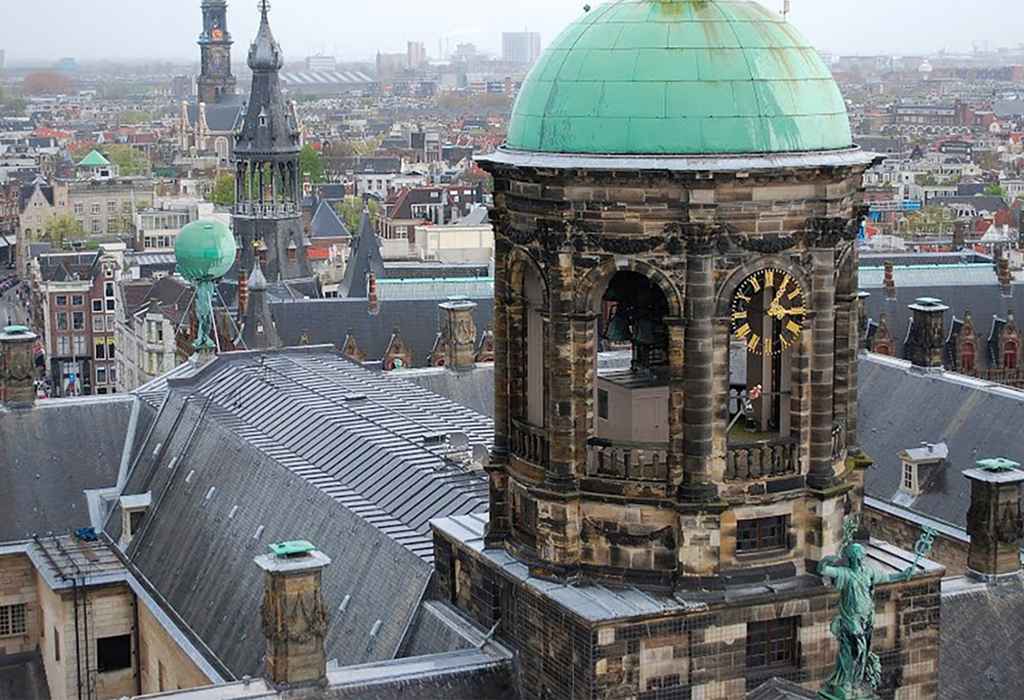L.P. (Leo) van Putten
- Turfdraagsterpad 15
-
Postbus 94551
1090 GN Amsterdam
-
Godard van Aldenburg Bentinck, heer van Amerongen
Godard Johan George Karel (Godard) Graaf Bentinck Heer van Amerongen (1857-1940)
The beautiful castle Amerongen, situated on the banks of the “Neder-Rijn”, is a museum and therefor public property. The Dutch community has invested millions into preparing this “Huis” for its new destiny.
Research into the significance of this stately home and its inhabitants serves a public cause, to give insight and elucidation into the history of Dutch nobility through the history of the house and its inhabitants. My intended research is aimed to become a building block of a wider investigation of the history of the Dutch nobility as developed at different universities and organisations.
At the Amsterdam university the research group Making Memories: European Elites, Country House Cultures & Identities, strives to explain the meaning of remembrance and history of the nobility and bourgeois ( civil) aristocracy from the Renaissance until the late twentieth century. An investigation into the life of Godard Graaf Bentinck, born in 1857 in Middachten in the (high) noble family of Aldenburg Bentinck fits within this analysis. After all, to move from abstract theory to practical scaffolding more monographic studies are necessary.
How does this nobleman fit into the big picture? The political influence of the aristocracy was flawed severely with the institution of the 1848 constitution and removal of their constitutional privileges. What does this mean for the flying start Bentinck made? What was the effect on the rural community of Amerongen? What are the subtleties of the social classes in that part of the late 19th and early 20th century Dutch society, before it joined the rapid modernisation. What should he be doing ( or not be doing) to stay up (“oben zu bleiben”), within the village community and within his social class?
-
tab two
Publicaties:
L.P. van Putten en A.V.A.P. Buiten
Anna van Rijn van Jutphaes
Kroniek van een leven in het zestiende eeuwse dorp Jutphaes
1e druk 1997 (Rotterdam)
2e druk 2003 (Rotterdam)
3e druk 2010 (Rotterdam)
L.P. van Putten
Ambitie en onvermogen
Gouverneurs-generaal van Nederlands Indië (1610-1796)
Rotterdam 2002
L.P. van Putten
Ideaal en werkelijkheid
Gouverneurs-generaal van Nederlands Indië (1796-1945)
Rotterdam 2003
L.P. van Putten e.a.,
Koopman en diplomaat
Gouverneurs en directeuren van Ceylon ( 1640-1796)
Rotterdam2006
L.P. van Putten
Pioniers van het Oude land
Kroniek van Ooltgensplaat en de familie Van Putten
Utrecht 2010
L.P. van Putten
Amerongen, een ‘aenzienlijck vleck’
Geschiedenis van kasteel en dorp in veertig vensters
Utrecht 2013
A. Koster en L.P. van Putten
Passie voor tweetalig onderwijs: een geschiedenis van 25 jaar succesvol onderwijs vernieuwen.
Haarlem 2014
L.P. van Putten
Een intrigerend schilderij op koper geschilderd. Waren de Rotterdamse tinnegieter Gerrit van Kessel en de Antwerpse koperslager Gerard van Kessel een en dezelfde persoon.
In: Rotterdams jaarboekje: Reeks 01, jaargang 01, 2006, p.126-134
-
Ancillary activities
No ancillary activities
